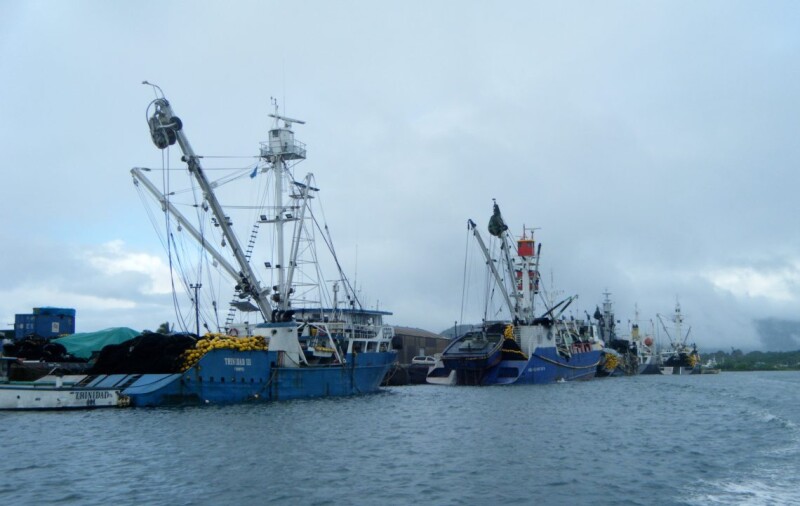After wrapping up their 200th meeting, the Western Pacific Regional Fishery Management Council (WPRFMC) established an Indigenous Committee to recommend to federal authorities on cultural fishing rights and related issues.
WPRFMC represents fisheries in Hawaii, American Samoa, Guam, the Northern Mariana Islands, and the Pacific Remote Islands and has authority over all fisheries in state and territorial waters. Their decisions are based on science and informed decisions by traditional knowledge and practices of the local users for the benefit of the island communities and the nation. WPRFMC was established by Congress in 1976 under the Magnuson-Stevens Fishery Conservation and Management Act as one of the eight regional fishery management councils.
The Indigenous Committee will include members with expertise in traditional fishing practices and community ocean activities in their regions. The committee will expand the Council’s Fishery Rights of Indigenous People Standing Committee, established in the mid-1980s.
Over its 48-year history, WPRFMC has addressed Indigenous issues and sought to modify federal fishery management's impact on Native Hawaiians, Samoans, Chamorros, and Carolinians, who have fished the waters of the Western Pacific for centuries.
The Council created the new committee “with the growing emphasis on ecosystem-based management, traditional ecological knowledge, equity, and environmental justice” and “to ensure culturally relevant recommendations that include Indigenous perspectives in the region’s decision-making process.”
WPRFMC asked for a presentation on how recognizing Indigenous peoples could work and the benefits of the current system for Native American Tribes. Right now, the U.S. does not recognize the Indigenous peoples of the Western Pacific—Kānaka Maoli, Samoans, CHamoru, and Refaluwasch—the same way it recognizes Native American Tribes. This leaves these Pacific groups at a disadvantage in dealing with the federal government.
The Endangered Species Act, for example, allows Native American tribes to subsistence use endangered species as a food source. Still, such exceptions were not considered for regional indigenous peoples when the U.S. entered international agreements to protect green sea turtles, a traditional food in the Pacific. Expanded recognition could address existing and future issues affecting Pacific Islanders.







